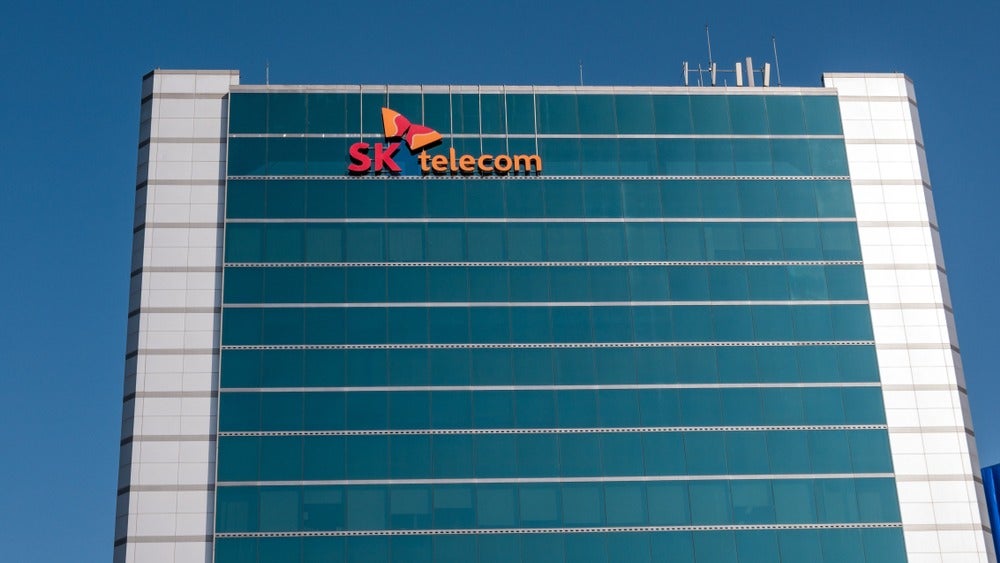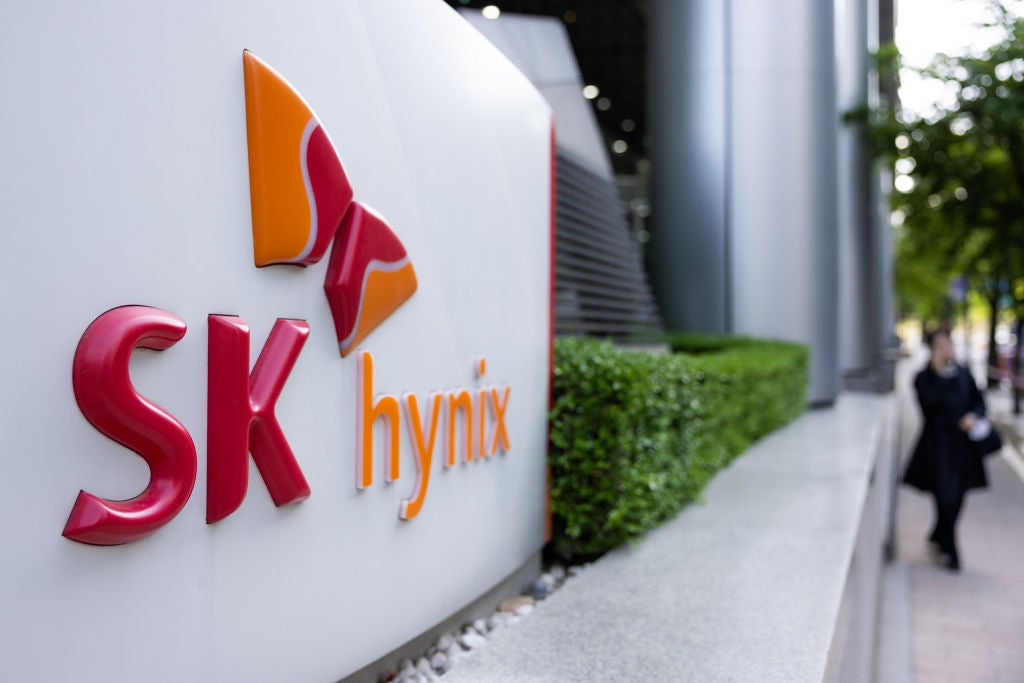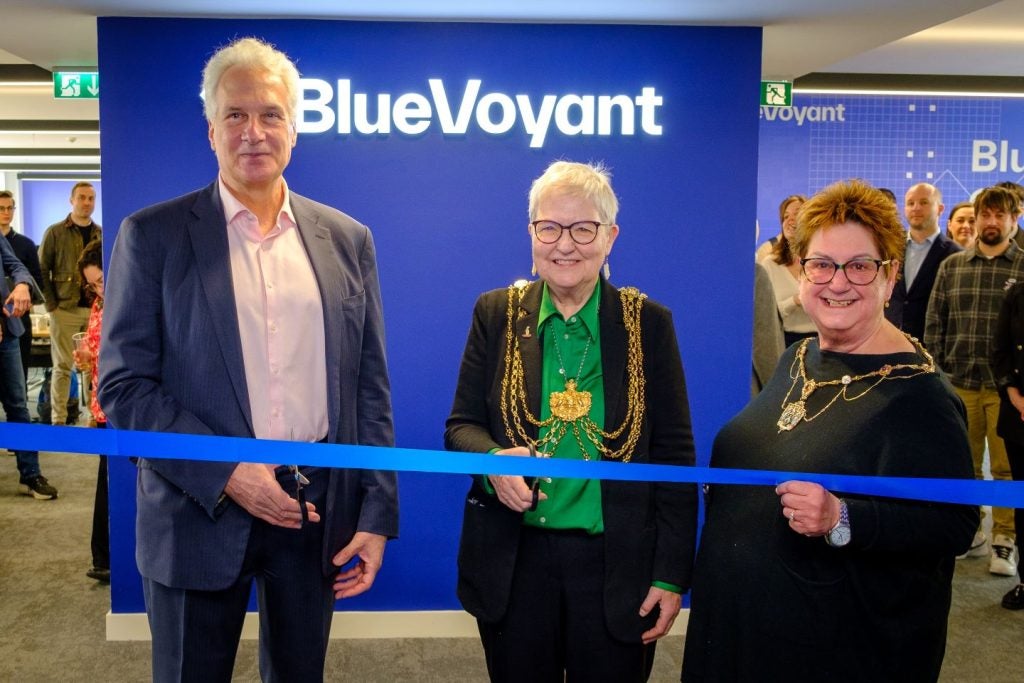
South Korea’s leading mobile operator SK Telecom in recent years has made a concerted effort to diversify its business away from its core mobile services, which face declining margin growth.
New industries for the telco, recognised globally as a mobile industry leader, have included media, retail and commerce and marketing. However, in 2018 the company set its sights on a new target: security.
At year-end 2017 SK Telecom had zero security-related revenue, however after acquiring second leading Korean physical security company ADT Caps in partnership with Macquarie Group for KRW 1,276 billion ($1.1 billion) in May 2018 and leading Korean cybersecurity firm SK Infosec for KRW 352 billion ($309 million) in December 2018, SK Telecom now controls two companies that finished 2017 with a combined KRW 989 billion ($870 million) in security-related revenues.
Future of SK Telecom: physical meets digital
SK Telecom is bringing together two different business focused on two very disparate forms of security. ADT Caps is a company that specialises in physical security, mainly gate systems, alarm systems, CCTV and security guards. The company is strong in both B2C and B2B businesses.
Meanwhile, SK Infosec is a managed security services provider (MSSP), offering services like network monitoring, cybersecurity threat defence, cloud security, cybersecurity consulting and an IoT security platform.
For the most part, these two domains have remained largely separate, however SK Telecom intends to combine the physical aspects of ADT such as alarms, video monitoring and entry point control with the digital aspect of SK Infosec such as the Internet of Things (IoT) and network security to create new services that bridge the gap between the physical and digital world.
How well do you really know your competitors?
Access the most comprehensive Company Profiles on the market, powered by GlobalData. Save hours of research. Gain competitive edge.

Thank you!
Your download email will arrive shortly
Not ready to buy yet? Download a free sample
We are confident about the unique quality of our Company Profiles. However, we want you to make the most beneficial decision for your business, so we offer a free sample that you can download by submitting the below form
By GlobalDataThis will all be tied together by SK Telecoms own expertise in ICT including 5G and AI applications. This may prove a prescient move as a broader ICT industry trend is the convergence of information technology and operational technology (IT/OT convergence) as business systems from various industries are increasingly digitised via software or IoT solutions.
Future of SK Telecom: AI power
SK Telecom has other assets it can leverage in making converged security a reality. The company has invested heavily in AI technologies, building its own AI engine called SK NUGU.
NUGU powers several commercial products already, including a home assistant in Korea similar to Amazon’s Alexa. The company also offers marketing and planning services using NUGUs machine learning capabilities. Further, NUGU powers SK Telecom’s 5G-based machine vision solution. This solution uses the broad bandwidth and low latency of 5G to power an AI-based quality control solution, which was deployed at SK Telecom’s first 5G customer, Myunghwa an auto parts manufacturer.
The fact that SK Telecom can already support a commercial service that uses AI to monitor video bodes well for its foray into converged security. The company wants to offer a security product that combines CCTV from ADT, network management from SK Infosec and AI machine vision from NUGU. The fact is that AI video security is just the surface of what is possible.
The real ambition for SKT’s security play is to connect all systems of an enterprise or home, from the cloud to the clocks, on to a single network and use AI and its managed security professionals to automate defences and remediation from both cyber and physical threats. The company is in a really good position with its investments in IoT, 5G and AI.
Future of SK Telecom: expanding threat vectors
While there is definite value to connecting OT and IT systems from both operational and security standpoints, as network connections increase so do threat vectors. There is the infamous case of the Casino’s network that was hacked via a connected fish tank. This lesson is important for companies like SK Telecom that have ambitions for security convergence.
If physical access points like doors are tied into the same platform as digital access points like Wi-Fi routers and data centres, a malicious actor may be able to hold not just data hostage but an entire building or warehouse, for example, machinery can be shut off or damaged, doors can be locked or elevators halted. Further, the use of AI can provide operational efficiency and recognise new threats more quickly than human security professionals, but if too much human control is taken out the network and the AI fails or makes an error, it could cause havoc before people step in.
Connected OT can cause real physical damage to property or people once physical systems like those on a factory floor are connected. This is a challenge not just for SK Telecom but for ICT companies and wider industry as a whole. The push towards the connected world is at this point inexorable, but it is not without pitfalls and they are not always obvious. Companies need to be very meticulous and careful as they onboard more OT systems to digital networks.
Future of SK Telecom: leading the charge
SK Telecom is not alone in its ambitions to offer converged security services. Plenty of security and hardware vendors have been active in this space, trying to establish thought leadership. For example, Cisco and HP Enterprise have both put out white papers on the topic.
Meanwhile, security companies like Forcepoint in the US are already offering security convergence platforms. SK Telecom is not even the only telco trying to invest in both physical and cyber security. Telstra in Australia offers cybersecurity services to enterprise customers and also owns SNP an Australian physical security company that specialises in alarm systems.
Future of SK Telecom: 5G advantage
However, SK Telecom is uniquely set up with its leadership in 5G, expansive AI platform and newly acquired security assets. SK Telecom has ambitions to expand its security business outside of South Korea; if it is successful it will face other managed security service provider (MSSPs) and telcos in the Asia Pacific region such as NTT and Singtel who are making headway toward security convergence as well. In the future, the security conversation will no longer be about digital or physical but they will be one and the same.
SK Telecom’s strongest asset remains its network. A global leader in mobile networking, the company has a strong angle for security; secure the networks and you secure everything that is connected. The company has already launched 5G, which offers even more security potential with virtualised components allowing for networking slicing and more control of who and what can connect and when. With its investments across network, security and AI, SK Telecom has a chance to be a secure 5G leader.









Related Company Profiles
SK Telecom Co Ltd